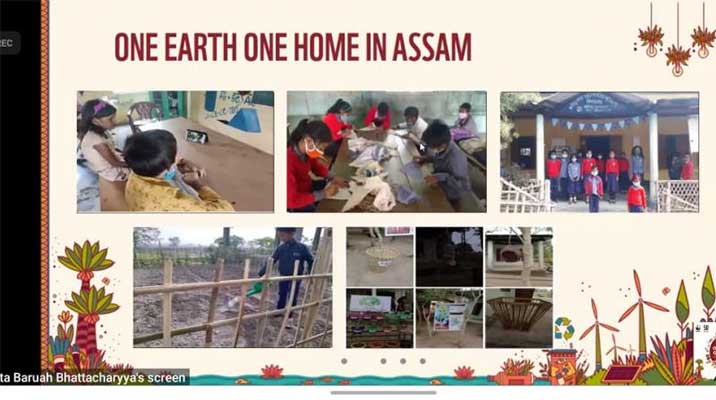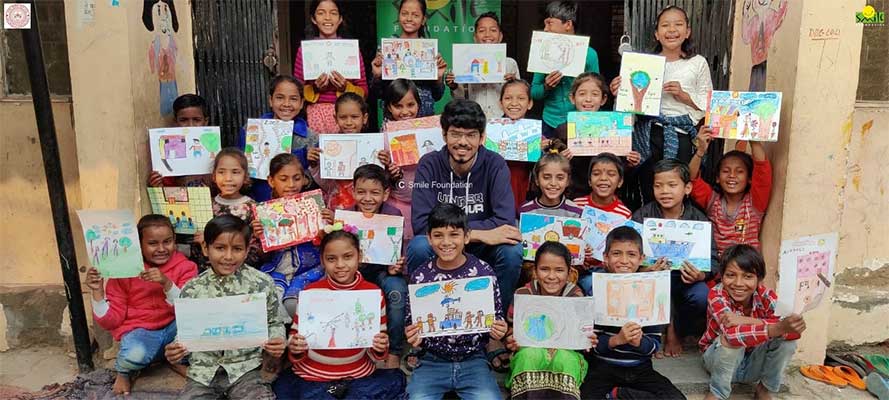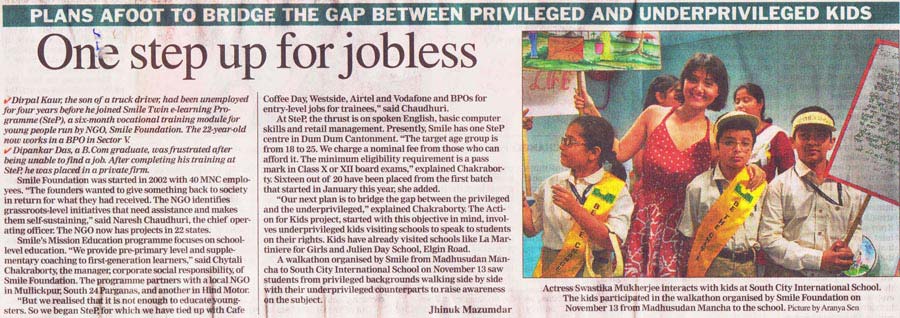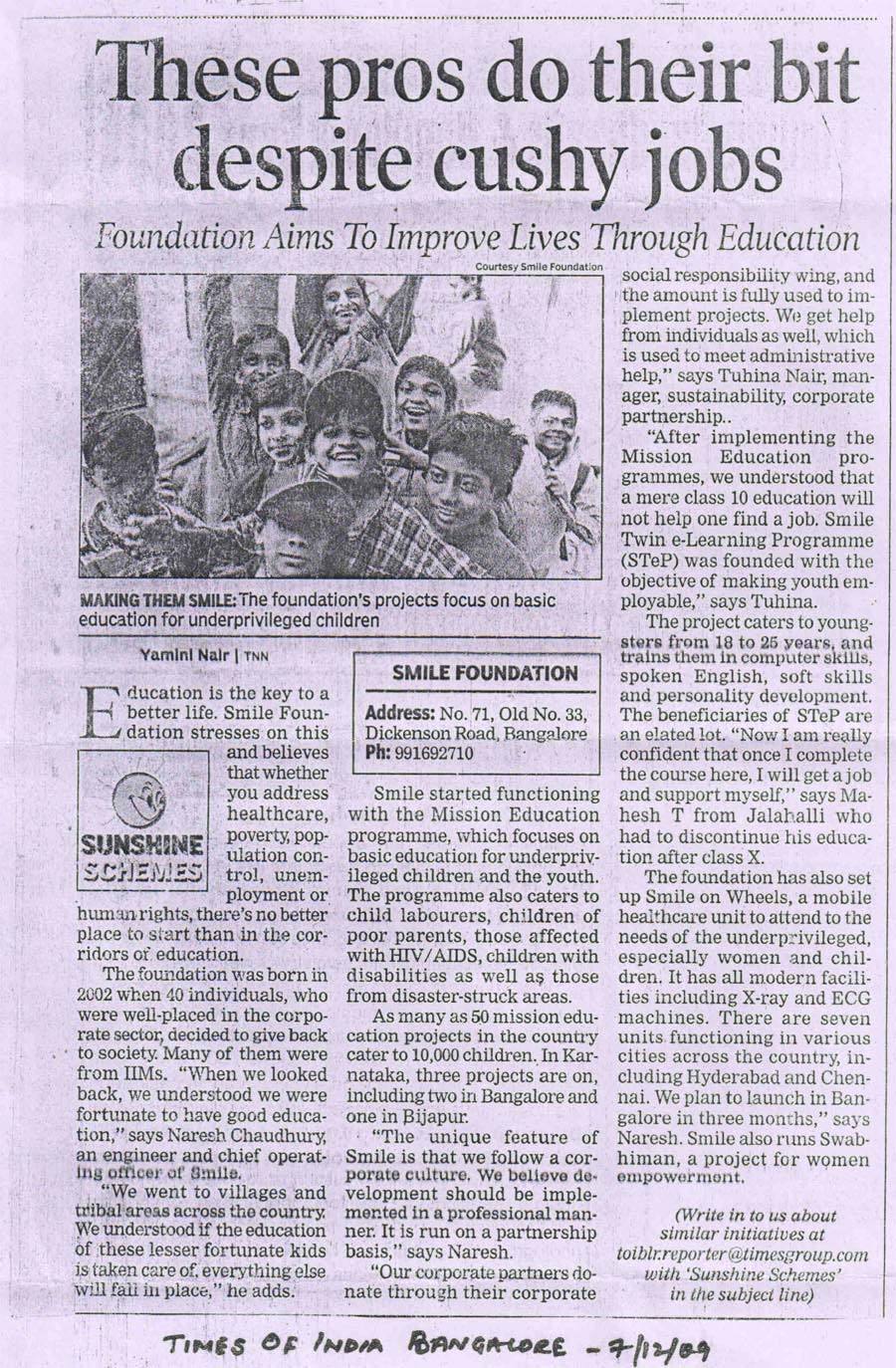Education, Cooperation Can Help Deliver Social Justice to Millions in a Changing World and Digital Economy
- Home
- Print/ Online Media
- Page 139
( February 20, 2021 )
World Day of Social Justice, recognised by the United Nations, is observed every year on February 20. This is in recognition of the fact that while the global economy is progressing due to globalization, increased trade, and technological development, there still exists glaring social inequality. Social justice refers to equal opportunities, fair distribution of wealth, and providing healthcare facilities to all within a society. It also includes human rights and preserving the rights of people who have been subjected to discrimination based on race, religion, or sex. The day also serves as a reminder that countries, governments, corporations, and the civil society organisations need to work together to address this gap.
This year, the theme for World Day Of Social Justice is “A Call for Social Justice in the Digital Economy”.
Social justice in a digital economy has become a necessity. The traditional workforce though have suffered the brunt. Daily wage earners and small businesses are facing challenges due to unfair competition. The access to the digital infrastructure, has therefore, become important for people to be economically sound.
Speaking on the same, Santanu Mishra, Co-founder and Executive Trustee, Smile Foundation said, “Covid-19 has increased participation in the digital economy, but there remains a need to increase access to digital means. Social justice in the digital world encompasses equitable access to digital services for healthcare, education and livelihood.”
According to a global study by UNESCO, Covid-19 pandemic has pushed more than 290 million students out of schools in just 13 countries.
Hence, in such dire circumstances, the World Day of Social Justice 2021 assumes great significance.
The role of civil society organisations have become very critical in easing the shock of the pandemic to millions of Indians. So, on the occasion of World Day of Social Justice, News18 spoke exclusively to members of some leading civil society organisations.
“Social justice is fundamental in solving global poverty. Around 270 million Indians live in extreme poverty, with 65 million of them living in ultra-poverty. On this World Day of Social Justice, all stakeholders including industry, philanthropy, civil society organisations, governments and regulators must re-dedicate themselves to work closer than ever to deliver this justice to millions of our compatriots,” said Sudha Srinivasan, CEO, The/Nudge Centre for Social Innovation.
While some believe that poverty alleviation can be a driving force in achieving social justice, others focus on education. “Education is a vital and effective tool to deliver social justice. The global disruption in learning caused by the pandemic has highlighted the importance of self-learning, and the mindset and habits required for it. Learners should be empowered to build their own learning pathways. Our work in designing scalable learning experiences helps curate those journeys for education institutions and creates enabling environments which foster 21st century skills through self-learning,” Aakash Sethi, CEO, Quest Alliance said, adding “The World Day of Social Justice serves to strengthen our resolve to build more partnerships within the education and skilling ecosystem towards attaining that goal.”







